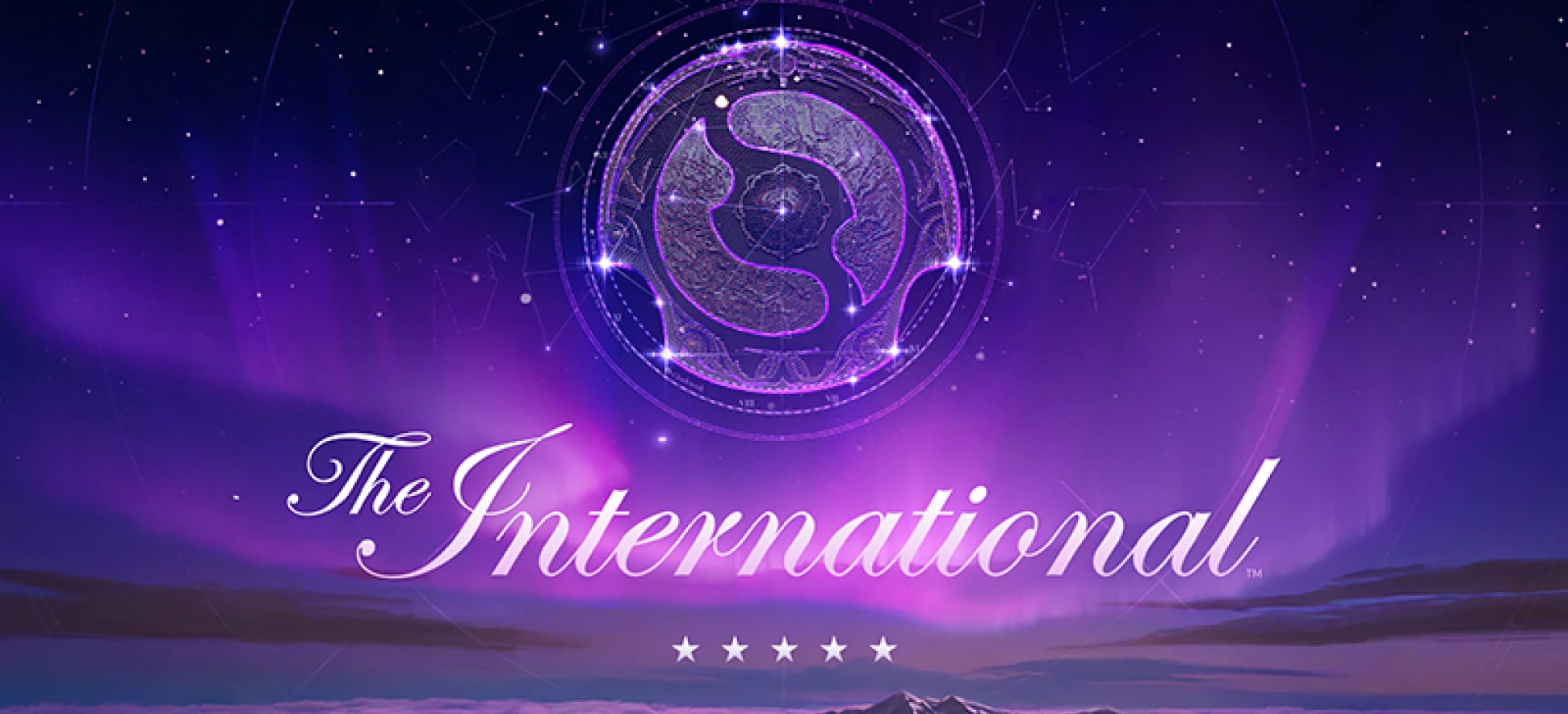As The International 2025 looms on the horizon, anticipation for Dota 2`s pinnacle event is palpable. Yet, amidst the excitement for tactical masterpieces and highlight-reel plays, a different kind of discussion has emerged: the voices that will guide us through the action. This year, it seems, Valve’s approach to broadcast talent has stirred a quieter, yet equally significant, debate.
For many, the announcers and analysts are as integral to The International experience as the players themselves. They are the conduits, the storytellers, and often, the comedic relief that elevates a high-stakes match into an unforgettable spectacle. The ideal casting panel, in the collective mind of the community, weaves together expert knowledge, engaging personalities, and a dash of history.
The Persistent Allure of the Pro Player
A recurring theme in esports broadcasting is the role of the professional player. There’s a widely held belief that former or even active pros offer an unparalleled depth of insight. They understand the nuances of a draft, the split-second decisions in a teamfight, and the psychological warfare happening behind the screens – a perspective only truly gained from countless hours in the trenches.
However, the transition from competitive play to articulate analysis isn`t always seamless. The ability to execute complex strategies doesn`t automatically confer the gift of eloquent commentary. This paradox has fueled debates for years: do you prioritize raw game knowledge, or the polished delivery of a seasoned broadcaster? The community, by and large, has often gravitated towards the charismatic pro, valuing their star power and unique perspective, even if their verbal dexterity isn`t always Shakespearean.
The Shifting Sands of Talent Acquisition
This year, particularly within the Russian-language broadcast, a significant shift in talent selection has been observed. Reports indicate a notable decrease in the number of prominent professional players, replaced by a roster featuring a considerable number of fresh faces. This contrasts sharply with previous iterations of The International, where a more balanced mix of veterans and new talent was often the norm, especially for larger language broadcasts like English.
Several factors likely contribute to this evolving landscape. Firstly, the operational shift to remote broadcasting for certain regions means fewer expenses are allocated for on-site talent. This logistical change subtly redefines the value proposition for casters. Secondly, and perhaps more profoundly, is the rise of the independent content creator. Many well-known professional players, current or retired, have cultivated robust personal streaming channels. For them, broadcasting The International independently, from the comfort of their own setup, offers a compelling alternative.
Why join a corporate ensemble when you can host your own digital symphony, complete with direct audience engagement and a larger slice of the revenue pie? It`s a pragmatic decision in an increasingly decentralized content economy.
This phenomenon isn`t unique to Dota 2, but it acutely impacts a flagship event like The International, which traditionally serves as a grand stage for the entire ecosystem. The “missing” familiar voices aren`t necessarily absent due to a lack of invitation, but perhaps due to a strategic career choice.
The Promise and Peril of New Blood
While the absence of established figures can prompt a degree of nostalgia, the injection of new talent is an undeniable necessity for any evolving media landscape. Fresh voices bring new perspectives, unbridled enthusiasm, and a different energy that can resonate with newer audiences. Every seasoned commentator started somewhere, after all. The challenge, however, lies in ensuring that the learning curve for these newcomers doesn`t overshadow the gravitas and scale of The International itself.
The community`s response to these changes will be critical. Will the new faces quickly establish themselves, captivating audiences with their insights and personalities? Or will the perceived lack of veteran presence leave a void, affecting the overall viewing experience? It’s a delicate balance for Valve to strike: nurturing emerging talent while preserving the high-quality, deeply knowledgeable broadcast that fans have come to expect from the biggest event in Dota 2.
The Viewer`s Ultimate Verdict
Ultimately, the success of The International 2025`s broadcast will be judged by the viewers. Did the panel enhance the epic clashes on screen? Did they effectively convey the stakes, the strategies, and the sheer skill on display? While the financial and logistical realities of esports broadcasting are complex, the fan experience remains paramount.
This year`s caster lineup serves as a fascinating case study in the ongoing evolution of esports media. It’s a testament to the dynamic nature of the industry, where traditional broadcasting models are continually challenged by new technologies and economic incentives. The International 2025 will not only crown a new champion but also provide a clearer picture of what the future of elite-level Dota 2 commentary might sound like.

